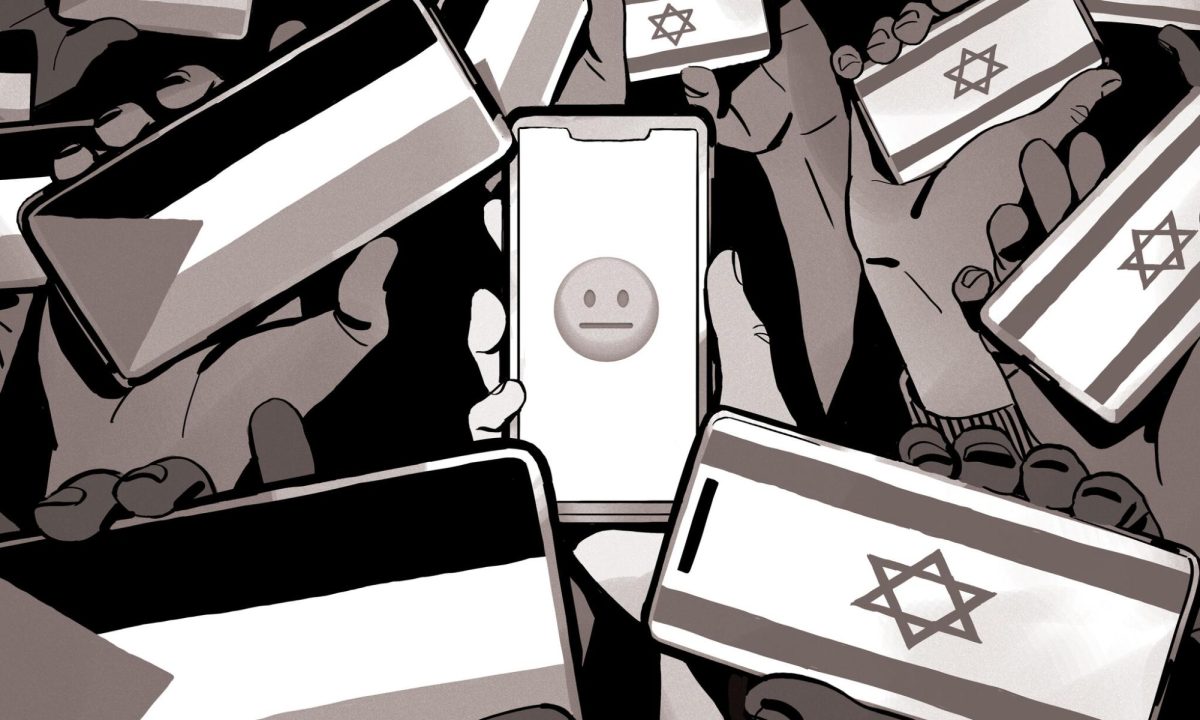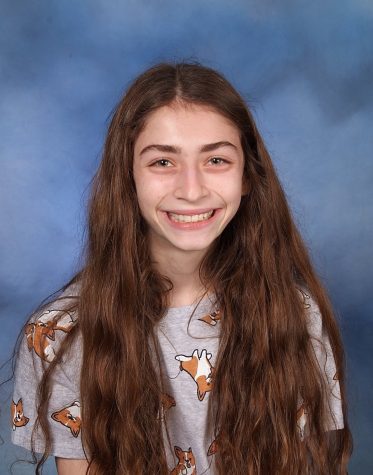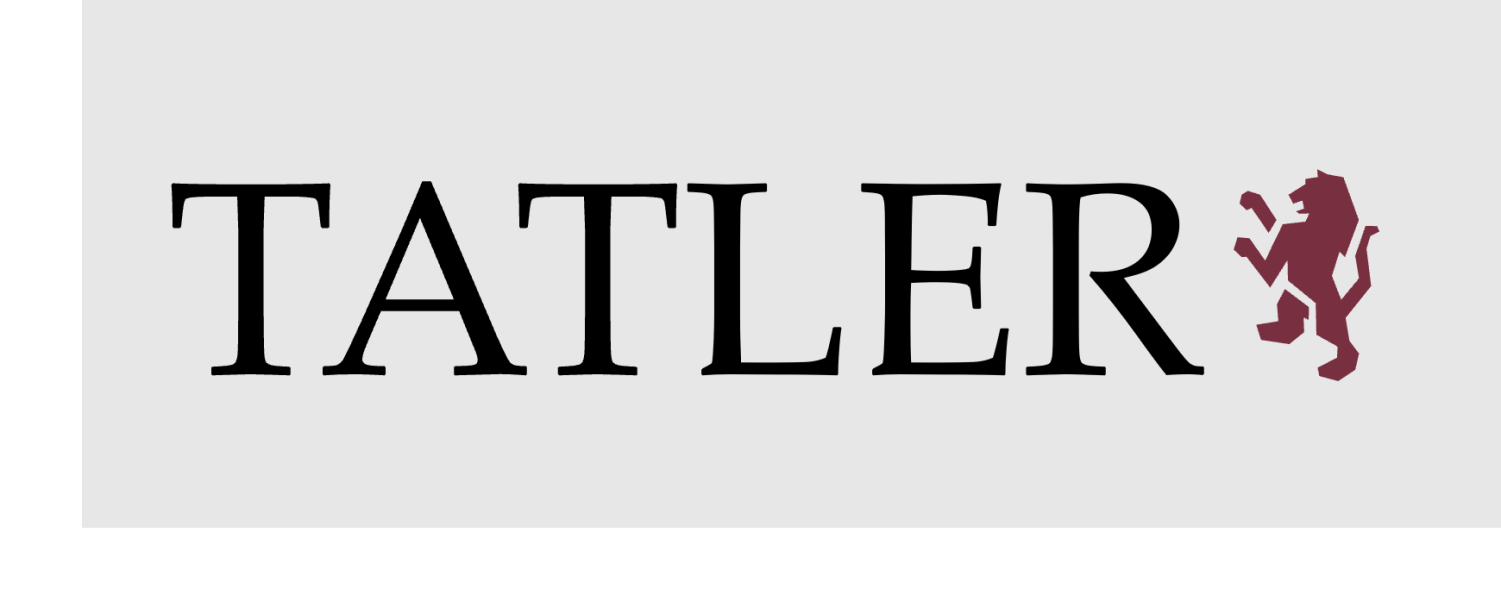Five weeks. This is how long it took for the Israel–Hamas war to be addressed in any of my classes. The lack of discussion of the conflict is unacceptable. In an era plagued by disinformation, the Lakeside history department must do a better — and more timely — job of addressing current events.
In October, after Israel began bombarding Gaza in response to terrorist group Hamas’ brutal October 7th attack, I felt overwhelmed. I lacked an in-depth historical knowledge of the Israeli–Palestinian conflict and, as I attempted to make sense of the war, didn’t know where to begin. I tried looking up summaries of the conflict, but even after reading “Everything you need to know about Israel-Palestine,” I still felt lost. Scrolling through Instagram, where I saw my peers reposting infographics with words like “genocide” and “apartheid,” it was difficult to discern fact from fiction. Although I cared about the war, I could seldom find time to do research; I felt exhausted after full days of school and sports and had to prioritize homework.
I would have greatly benefited from a teacher addressing the conflict and providing basic historical facts, or at least suggesting quality, unbiased sources where I could learn more. Yet, the first — and only — time the war was brought up in any of my classes was on November 16, five weeks into the conflict. One of my friends reported that they have never learned about the Israel–Hamas war or Israeli–Palestinian conflict in any class this year.
Short infographics and 30-second videos will always fail to capture the nuances of complex historical conflicts like the Israel–Hamas war.
This is unacceptable at a time when disinformation about the war is rapidly spread through social media. In a recent “Tatler” poll, 38% of Lakesiders reported using social media platforms — including YouTube, Reddit, Instagram, and TikTok — to keep up with current events. By November 16, this disinformation had inevitably reached the screens of some Lakesiders. But even beyond blatantly misleading content, I have seen many of my peers reposting and promoting sentiments that, though they aren’t necessarily wrong, warrant a closer look — an examination that should take place in history class.
One example is the notion that Israel is commmiting genocide.
Recently, I attended the Student Diversity Leadership Conference, an annual event hosted by the National Association of Independent Schools. At the conference, I watched the crowd of 2000 teenagers clap and cheer as a student speaker accused Israel of genocide.
Afterwards, in the Jewish affinity group, many students were adamant that this sentiment was false, so I decided to look it up. I found an answer more complicated than I had anticipated based upon my Instagram feed: Many experts asserted that Israel’s actions do not fit the UN definition of genocide because Israel is fighting with the intent to destroy Hamas, not to destroy the Palestinian people.
In an era plagued by disinformation, the Lakeside history department must do a better — and more timely — job of addressing current events.
From researching, I gained a new perspective — knowledge that complicated the one-dimensional view of the conflict I had obtained from social media. I also began to wrestle with the importance of rhetoric in discussions of war: Does it even matter what language is used to characterize Israel’s actions? After all, words do not save the civilian lives tragically lost in Gaza. This is the kind of reading and learning — critical thinking — that should be taking place in Lakeside history classrooms each and every day.
A lesson on terminology, for example, might look like providing the class with the UN definition of genocide, allotting time for students to read the op-eds of multiple experts, and then facilitating a discussion in which students can ask questions and express their opinions — opinions they have formed by examining, for themselves, reputable sources, rather than blindly accepting characterizations they’ve seen on social media.
Short infographics and 30-second videos will always fail to capture the nuances of complex, historical conflicts like the Israel–Hamas war. If Lakeside truly hopes to develop graduates who “contribute wisdom, compassion, and leadership to a global society,” the school can no longer allow its students to be educated solely by TikTok and other forms of social media. It is Lakeside’s responsibility to ensure that each and every graduate is informed — and thinks critically — about current events. This begins with more discussions in history class.



